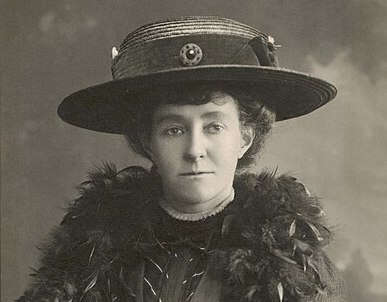
The suffragettes are among those to be honoured in a new set of heritage plaques for Tunbridge Wells.
The plaque on the suffragettes' former headquarters in the Pantiles will be supported by funding from Royal Tunbridge Wells Together.
It will join more than 40 put up previously by the Tunbridge Wells Civic Society to mark buildings and sites associated with notable individuals.
Another which will be placed on the Opera House marks where suffragettes Olive Walton and Emily Wilding Davison burst out from under the stage during a Liberal conference in 1913 demanding "Votes for Women".
Later that year Emily Davison was killed when she ran out with a pamphlet in front of the King’s horse during the Derby.
Organiser Caroline Auckland of the Civic Society said: "Our previous plaques show a wide range of achievement by Tunbridge Wells figures, including military heroes, inventors, explorers and social reformers. This time we want to draw attention to the town’s contribution in other ways, in particular the role of women and those who have been more often overlooked."
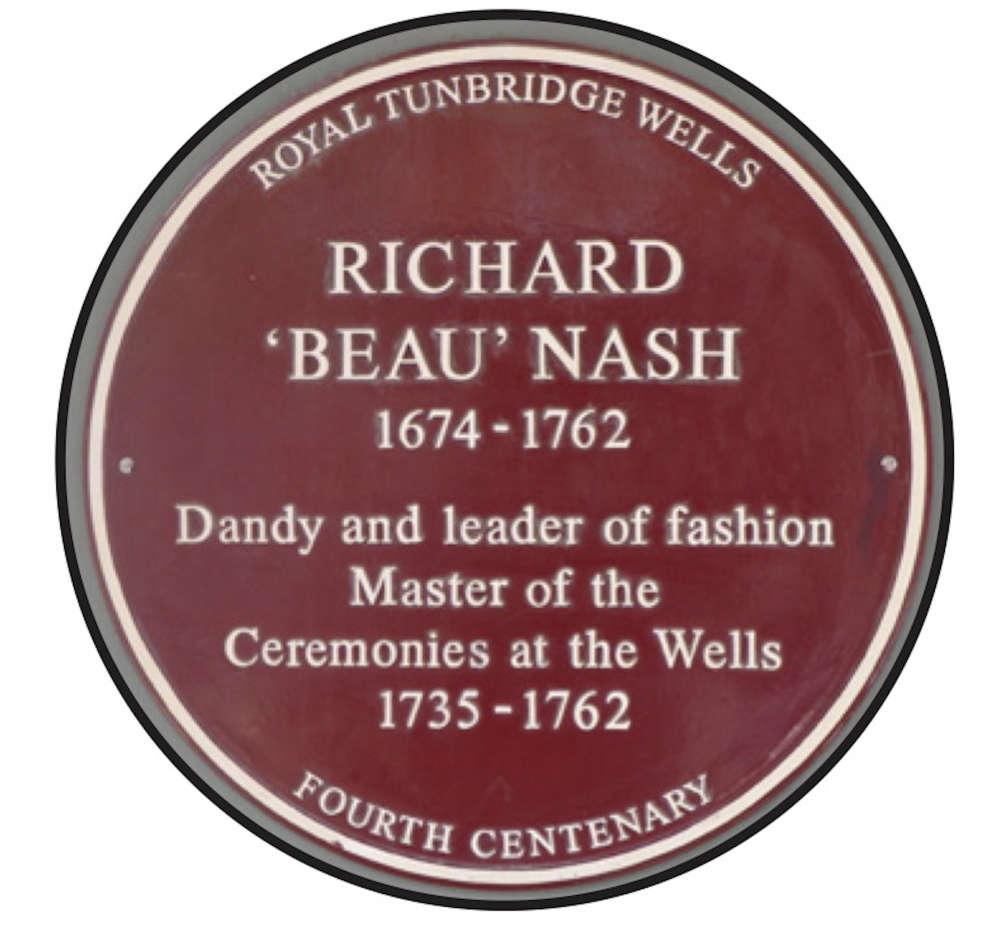
The plaques will be in the Tunbridge Wells colour of claret but are based on the famous blue plaques in London. Those honoured have been drawn from numerous suggestions from the public.
Others in the present group include:
(1) John Boxall who was a cavalry trooper (1831-1914) who survived the Charge of the Light Brigade.
(2) William Willis Harris (1860-1899) who campaigned against the sway of the churches in Victorian Tunbridge Wells and pioneered the radical Social Democratic Federation.
(3) Jacob Bell (1810-1859) who was a chemist, MP and founder of the Pharmaceutical Society of Great Britain. He retired to London Road, Tunbridge Wells where he died and was buried in Woodbury Park. His dogs were the models for Landseer’s Dignity and Impudence. He is pictured below.
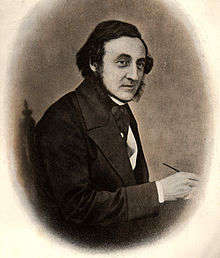
(4) Keith Douglas (1920-1944) was a soldier poet born in Garden Road, Tunbridge Wells, and said to be the outstanding poet of the Second World War. He was killed two days after taking part in the D-Day landings. He was known for writing the words "Simplify me when I'm Dead". Shown below.
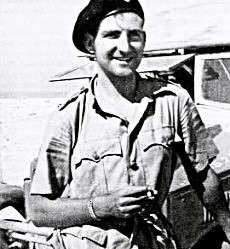
(5) Enid Lakeman OBE (1903-1995) was a resident of Tunbridge Wells who was a lifelong Liberal activist and electoral reform campaigner and was briefly an MP. She abandoned an academic career to organise and run what became the Electoral Reform Society campaigning for proportional representation. Shown below.
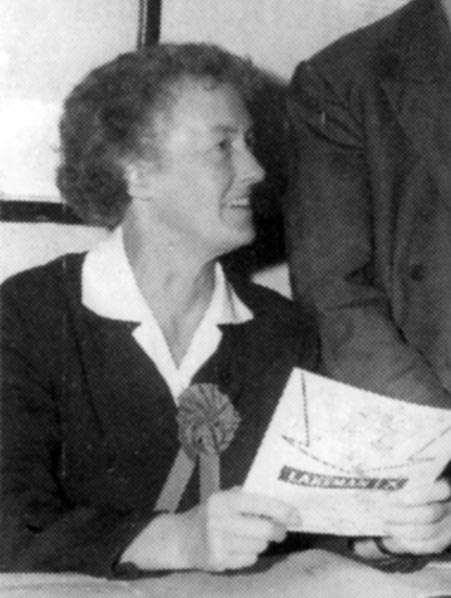

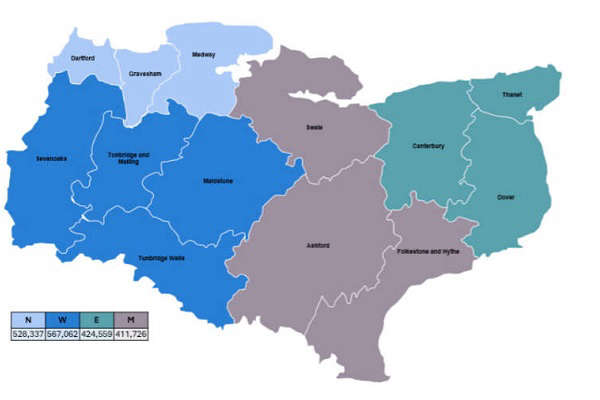 Consultation on Future Council Areas
Consultation on Future Council Areas
 Hosepipe Restrictions Lifted
Hosepipe Restrictions Lifted
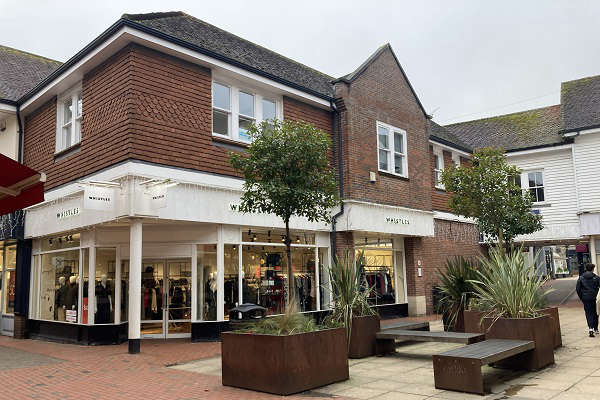 Blighs Meadow is Under New Management
Blighs Meadow is Under New Management
 HGV Scheme Launched In Goudhurst
HGV Scheme Launched In Goudhurst
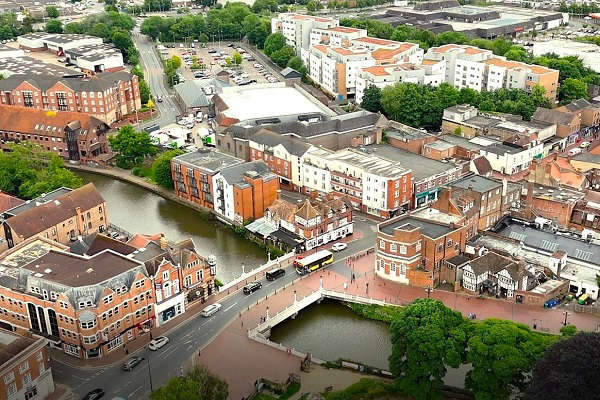 Should Tonbridge Have A Town Council
Should Tonbridge Have A Town Council
 Tax Break Welcomed For Pubs
Tax Break Welcomed For Pubs
 Claiming Water Compensation
Claiming Water Compensation
 Dry Wells Action - Water Meeting
Dry Wells Action - Water Meeting




